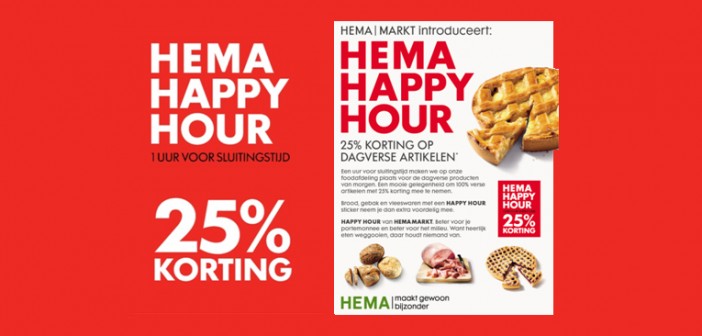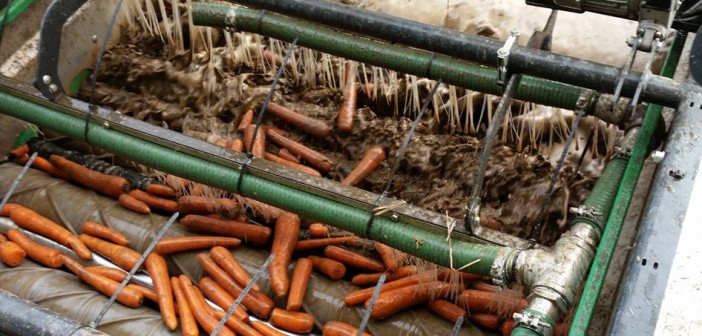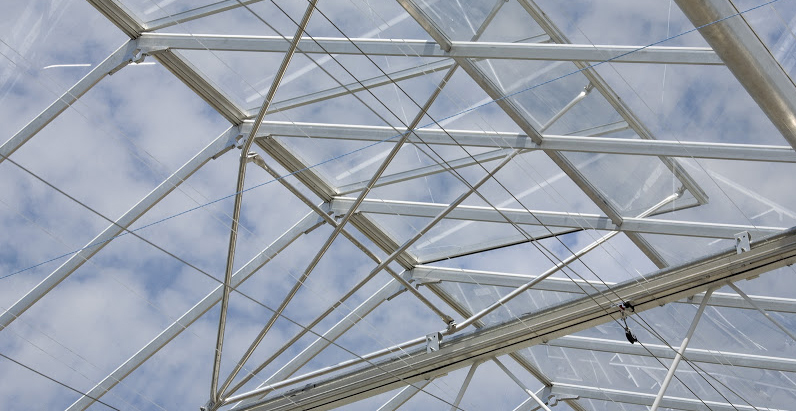Malted ingredients company Muntons (Stowmarket, Suffolk) is putting the finishing touches to its £5.4m on-site anaerobic digestion (AD) plant which will help reduce the firm’s CO2emissions from 27,264 to 26,605 tonnes pa. Integral to the success of the 499 kW facility is a 3 Tank Batch Sludge Pasteuriser System with Energy Recovery from HRS Heat Exchangers, which will help convert up-to 80,000 tonnes of Muntons’ liquid malt waste into quality organic fertiliser (known as digestate). This will be used on local farmland, helping the company’s network of growers to produce some of the 250,000 tonnes of barley needed to make Muntons’ malt, around 180,000 tonnes pa.
Muntons is a company with sustainability at its core. It became interested in AD after analysis showed that 60% of the carbon footprint of its supply chain came from the artificial fertiliser used by its barley growers. The firm realised that using its liquid malt waste as feedstock for an on-site AD plant would not only produce a high quality digestate for its farmers to use instead of artificial fertiliser, it would also cut 3,000 tanker movements per year and generate 25% of the site’s electricity demand.
To satisfy growers’ need for a high quality fertiliser, the digestate will be pasteurised to meet stringent PAS 110 standards using the HRS Heat Exchangers 3 Tank Batch system. As well as a comprehensive proposal, the Muntons’ team was impressed by the HRS system, which can save up to 70% of heat required, as well as its ability to run at a half flow rate, should the volume of digestate stock reduce. Additionally, the equipment’s monitoring feature enables Muntons to track every batch of digestate back to the feedstock from which it was produced. “The fact that the HRS system offers batch reporting was also a big draw; traceability is very important to us,” remarks Lawrence Howes, Project Engineer at Muntons. 
Matt Hale, International Sales Manager at HRS: “For Muntons, this whole project has been about maximising efficiency. Although they have an abundance of heat, they still wanted to recapture what they could – our heat exchangers will provide at least 40% heat regeneration.”
The HRS system works on a three tank principle; while one tank is being filled, the second tank holds the sludge at 70°C at the same time as the third tank is being emptied (each process lasts one hour). Waste cooling water from the CHP engine is used to heat the sludge in corrugated tube-in-tube heat exchangers, which is more efficient than heating an entire tank of digestate. HRS has also incorporated an energy recovery section into the process to make it even more efficient: energy is transferred from the hotter (pasteurised) sludge to the colder (unpasteurised) sludge, reducing energy consumption by up to 70% compared to normal systems and using heat which would otherwise be wasted.
Lawrence comments on his equipment decision making process: “We were already aware of the quality and reputation of HRS Heat Exchangers in the food production industry – using their solution enables us to make use of an abundance of waste hot water. Not only does the tube-in-tube technique deliver improved performance, they’re also more resistant to fouling, which means less downtime and maintenance. In addition, we had a short deadline – just 16 weeks – which HRS was able to meet easily.” 
The AD plant is currently undergoing commissioning and will become fully operational in late spring. For Muntons, the benefits are clear – better waste management, a reduction in tanker movements, energy generation, and a PAS 110 quality pasteurised digestate. All in all Muntons has significantly reduced its carbon footprint saving 1159 tonnes of CO2 pa (from 27,264 to 26,605) – the emission equivalent of 300 average family cars (approx.).
This post first appeared on The Sustainable Engineer in March 2015.










